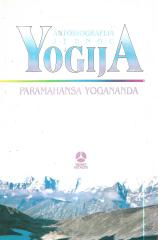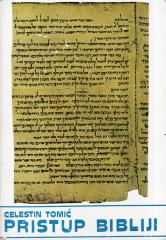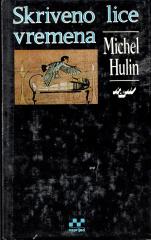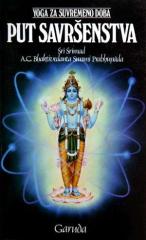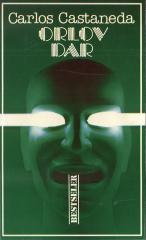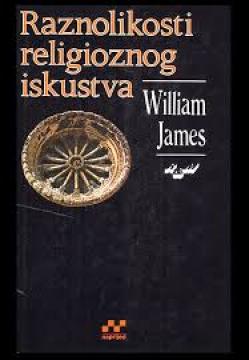
Raznolikosti religioznog iskustva
Varieties of Religious Experience is a book by psychologist and philosopher William James from Harvard University. It consists of his lectures on natural theology, which were delivered at the University of Edinburgh in Scotland between 1901 and 1902.
This book would never have been written if I had not been awarded the "Gifford Lecturer" in Natural Philosophy at the University of Edinburgh. Looking for a subject for two courses of ten lectures each, for which I became responsible, it seemed to me that the first course could be descriptive with the topic of "Man's Religious Aspirations", and the second metaphysical on "Their Satisfaction through Philosophy". But while I was writing it, the unexpected growth of psychological data caused the other subject to be entirely neglected, so that the description of man's religious constitution now fills twenty lectures.
It could be said that in the twentieth lecture I hinted rather than presented my own philosophical conclusions, so the reader who wants to know them immediately should turn to pages 331-354 and the "Postscript" of the book. I hope that one day I will express these conclusions in a more explicit form. Believing that a broad knowledge of particulars often makes us wiser than the possession of abstract formulas, profound as they may be, I crowded the lectures with concrete examples, and chose them from among the more extreme expressions of the religious temperament. Therefore, to some readers, before reaching the middle of the book, it may seem that I am offering a caricature of the subject. Such convulsions of piety, they will say, are not healthy. If, however, they have the patience to read it to the end, I believe that this unfavorable impression will disappear, because at the end I combine religious incentives with other principles of common sense, which correct excesses!, and enable the reader to draw moderate conclusions at will.
For assistance in writing these lectures, I am indebted to Edwin D. Starbuck of Stanford University, who gave me his large collection of manuscripts; To Henry W. Rankin of East Northfield, an unknown but trusted friend to whom I owe valuable notices; Theodore Flournoy of Geneva, Canning Schillern of Oxford, and his colleague Benjamin Rand for documents; to my colleague Dickinson S. Miller and to my friends Thomas Wren Ward of New York and the late Wincenty Lutoslawski of Krakow for important suggestions and advice. Finally, I owe more than I can express to conversations with the unrepentant Thomas Davidson and the use of his books at Glenmore above the Keene Valley.
Harvard University, March 1902.
No copies available
The last copy was sold recently.
